This is both an opportunity to open up a new market full of potential and a big test to ensure the safety, transparency and sustainable development of the digital economy .
Be careful to avoid complications
Government Resolution 05/2025/NQ-CP on piloting crypto assets has opened up a “controlled playground”, promising to reshape the capital market that has long operated in a “gray zone” with tens of millions of participants.
This move carries the expectation of attracting foreign capital and promoting technological innovation, but also poses many challenges in terms of law, human resources and market maturity.
To clarify opportunities and challenges, Dan Tri reporter talked with Mr. Phan Duc Trung - Chairman of Vietnam Blockchain and Digital Asset Association.
Sir, one of the most notable points in the resolution is the definition of crypto assets issued based on real assets, but not including securities or fiat currencies. So in the context of digitalization, what legal and technical challenges will there be in identifying and valuing these types of assets?
- This is a very important question. Looking at the world , the leading countries often have a different roadmap. They often start by tokenizing the two most popular assets: fiat money and stocks.
Cryptocurrency has given birth to a huge stablecoin market. Crypto stocks have also been quickly deployed by major exchanges with the likes of Intel and Nvidia. Then they moved on to real-world assets (RWA), such as real estate.
Vietnam, on the other hand, has chosen a different path: banning those two types of assets from the beginning. Here, I would like to not comment on the policy but focus on analyzing the current situation. The fact that we are behind has its own reasons.
Mr. Phan Duc Trung, Chairman of the Vietnam Blockchain and Digital Asset Association, talks with reporters (Photo: TN).
The international stablecoin market is very mature, even having its own laws in Hong Kong (China) and the US. The crypto stock market once encountered difficulties when lawmakers applied the securities law exactly, creating a "double-whammy" situation that almost killed it.
Therefore, Vietnam's early phase of filtering out stablecoins and crypto stocks can be seen as a prudent approach to avoid the complications that have occurred in the world.
We are focusing on RWA. However, the big question remains: Will we filter real estate as well? This depends on the transparency of the projects and the maturity of the domestic accounting system.
Our accounting system is not yet fully compliant with International Financial Reporting Standards (IFRS). When we achieve that standard, the debate over whether to record "customer advances" or "accounts payable" will no longer exist, and the market will be truly transparent.
Therefore, the biggest challenge is to build a system of identifying and pricing real assets that is reliable enough to serve as a basis for tokenization, especially when the underlying accounting and legal systems are still in the process of being completed.
The resolution follows the principle of "controlled testing" (sandbox) and protects participants. How do you evaluate this approach compared to international practice, especially in terms of implementation?
- All standards in any country are theoretically correct and standard. The problem is not in the text, but in the implementation. The core question is: Can the pilot licensed exchanges "survive"?
A policy can be very strict and very safe on paper, but if it creates an operating environment that is too harsh and compliance costs are too high, then the businesses participating in the pilot will be the first to "get tired".
They are the middlemen who have to both comply with policies and attract users. If the rules are too difficult, users will not participate and the exchanges will not have the revenue to survive.
So execution will be measured by the vitality of these pioneers themselves. Can they strike a balance between complying with regulations and creating a compelling product? That is the measure of a sandbox’s success, not just the rules that are written.
Building laws while ensuring competition
So, in your opinion, what are the biggest challenges that Vietnam will face during this pilot implementation?
- I see three big challenges.
First is the issue of human resources. When the law was enacted, we faced the reality that the market was operating spontaneously with tens of millions of people. The maturity of the market to keep up with the law was a big question mark.
There is a shortage of high-quality human resources at all levels: from state management agencies that need knowledgeable people to operate and supervise; to service providers (exchanges) that need experts to comply; and also training and raising awareness for market participants.
Even working with police agencies to handle multi-million dollar fraud cases, which are considered “small” in this market, has shown to be overloaded with human resources. This is a challenge.
The second is international competitiveness. The purpose of issuing RWA is to attract capital from foreign investors.
This means we are entering a global competition. The question is: Are Vietnamese assets (such as real estate, energy projects...) when tokenized attractive enough in terms of quality and profit compared to products from other countries?
Furthermore, the product is good but is our "playing field" big enough, liquid enough to keep them? Liquidity is a vital factor in the crypto asset market.
Third is the maturity of the domestic market itself. Look at the stock market, which was born in the 2000s and is still considered young, still waiting to be upgraded, and there is still debate about accounting standards.
Meanwhile, the global crypto-asset market is already nascent, and we want to level the playing field to attract international capital. This is indeed a dual challenge.
Besides those challenges, what are the greatest opportunities and potentials that this legal framework brings to the Vietnamese economy, sir?
- The opportunities are huge, but we need to have a long-term vision. It's like when we start first grade, we can't know right away who will become leaders, but it will definitely create a well-trained generation.
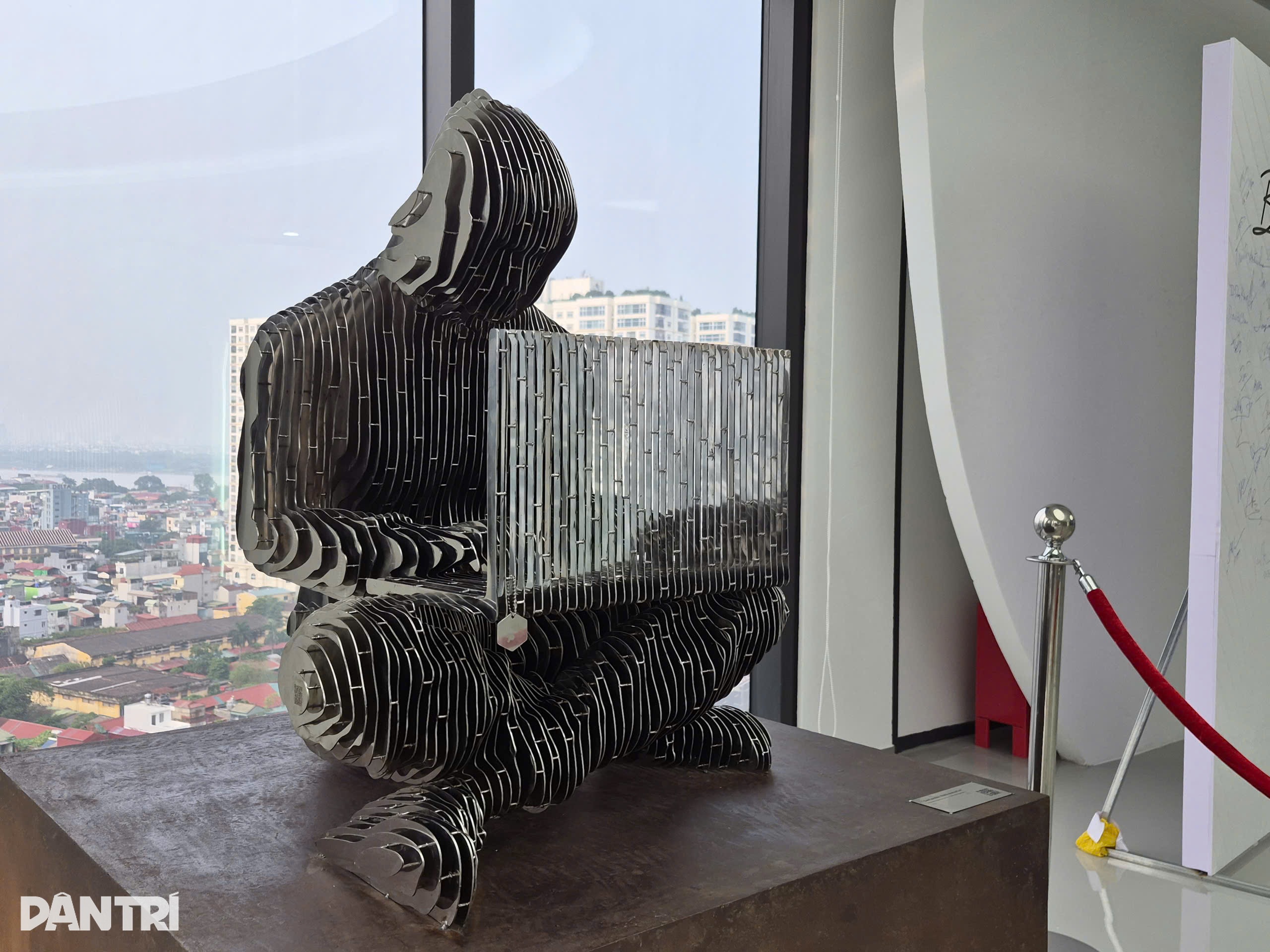
The Satoshi statue was brought to Vietnam by the Blockchain and Digital Asset Association as a recognition of the special contributions of the "father" of Bitcoin to the global financial technology industry (Photo: Trung Nam).
My biggest hope is that we can shorten the learning curve. If the world takes 10 years to grow up, experiencing many failures and paying a high price, then Vietnam must find a way to complete that path in just 2-3 years. This is completely possible if we have a good enough way, learning from the mistakes of others.
The second opportunity is to formalize a new capital mobilization channel for the economy. Allowing foreign investors to buy Vietnam's RWA is an effort to attract foreign capital inflows and promote domestic projects.
If successful, we will not only benefit from money, but also from much lower capital issuance costs than traditional channels, and more importantly, from innovation in technology and financial models.
Ultimately, this pilot is an opportunity to develop a complete set of laws. The five participating platforms are not only doing business, but they are also pioneering testing units for the government to collect data, observe and write a set of laws that are truly suitable for Vietnam's reality.
Big difference from international practice
The resolution requires a minimum charter capital of VND10,000 billion and level 4 cybersecurity standards. This is a very high requirement. What do you think about this regulation?
- This is a big difference from international practice. In other countries, they do not place such emphasis on large charter capital.
Instead, they focus on other standards such as: technology, operating procedures, team experience, professional qualifications (for example, international ACAMS anti-money laundering certificate) and especially professional liability insurance packages of up to hundreds of millions of USD.
However, in the context of Vietnam, the large capital requirement can be understood as a way to ensure that participating businesses have truly strong financial capacity. This capital level can be used to "serve the insurance issue", ensuring that in the event of an incident, they are able to compensate customers.
As for level 4 security, it is a serious standard. But we must understand that security in this market is not only at the technical level. Major attacks in the world, such as Bybit, are not due to Web3 technology vulnerabilities, but due to vulnerabilities in human operations.
Subjectivity can cause level 5 systems to be attacked. Therefore, in addition to investing in technology, building a tight operating process and professional people is a decisive factor.
The regulation on the organization of the crypto-asset trading market is causing much discussion and concern (Article 7, paragraph 2). Accordingly, users must transfer assets from foreign exchanges to domestic exchanges within 6 months, when the system officially goes into operation. What is your opinion?
- If anyone reads the resolution and thinks that this market is for new players, then they have not read it carefully. This regulation shows something completely opposite: This market is for professional, experienced players.
Requiring an account transfer from overseas is a way to bring existing transaction flows to Vietnam, not to create new users from scratch.
The biggest benefit is that they are no longer operating “illegally”. They are legally secure. But in return, they have to accept a share of their profits through fees and taxes. The pros and cons are clear. Therefore, the impact of this policy is not to create a new market, but to reshape and manage a part of the existing old market.
So what do you think a realistic scenario for operating these pilot exchanges would look like?
- To have a real exchange operating with a minimum trading volume, for example reaching the first 10,000 customers, I believe that will not happen this year, but probably not until 2026.
As for their future, I have to use the same words we said: these are "brave people". They brought 10,000 billion VND to build a new market. This is a huge number, even for listed companies.
Personally, I think this is a huge challenge. During the pilot phase, with all these strict standards, I estimate that there will be no more than three exchanges with the capacity to effectively execute - that is, to serve investors, make profits, and contribute to the state.
The key factor to evaluate the success of the next 5-year pilot process is whether these units survive or not. If after 3 years, there is a business that still exists well, complies with the law, has customers, and pays taxes regularly, then that is a great success.
At that time, the state will have in hand an invaluable set of data to build a complete and accurate set of laws and promote sustainable market development.
This is a game where risks and opportunities always go hand in hand. We need to take a balanced view, cheering on the pioneers and hoping that their "courage" will open a new chapter for Vietnam's digital economy.
Thank you for taking the time for this interview!
Source: https://dantri.com.vn/cong-nghe/tai-san-so-va-cach-tiep-can-dac-biet-cua-viet-nam-20250912135137989.htm



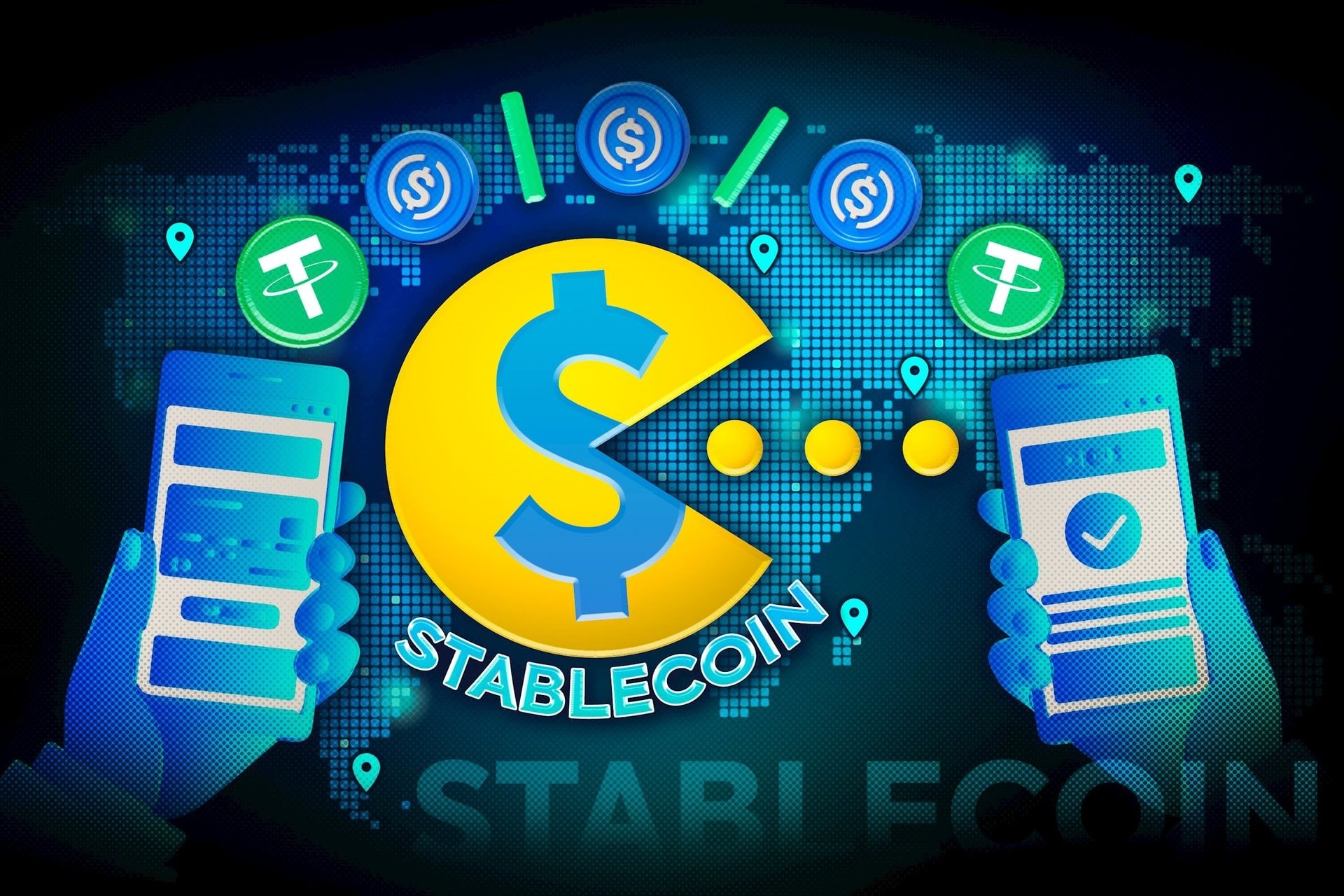
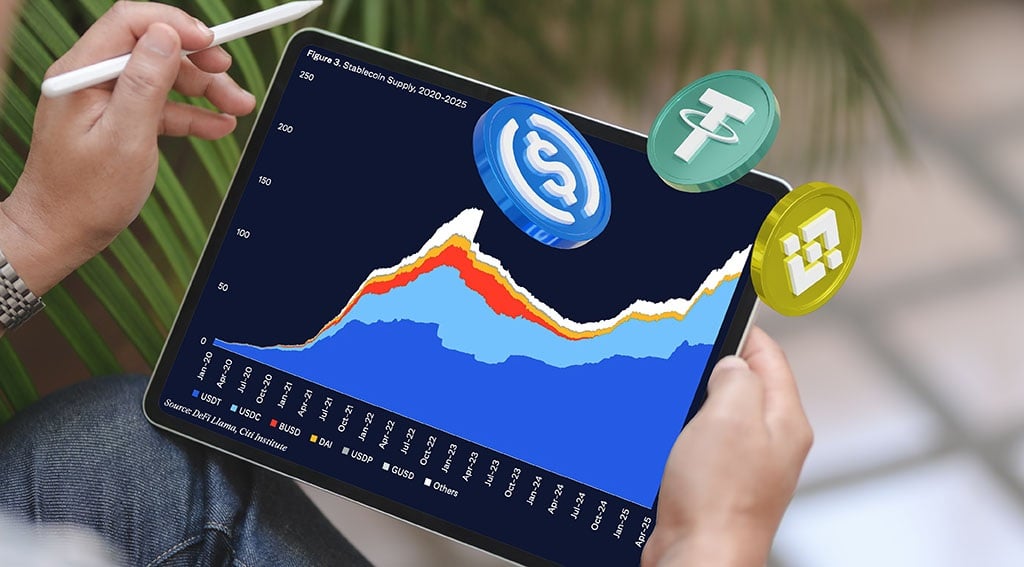
![[Photo] President Luong Cuong attends the opening ceremony of the new school year at the National Defense Academy](https://vphoto.vietnam.vn/thumb/1200x675/vietnam/resource/IMAGE/2025/9/15/c65f03c8c2984e60bd84e6e01affa8a0)


![[Photo] General Secretary To Lam attends the 80th Anniversary of the General Department of Defense Industry](https://vphoto.vietnam.vn/thumb/1200x675/vietnam/resource/IMAGE/2025/9/15/fb8fd98417bb4ec5962de4f7fbfe0f6a)
























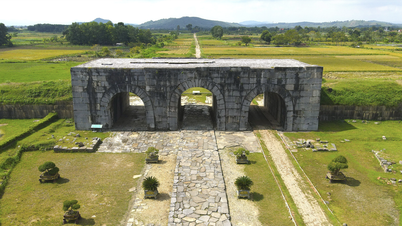

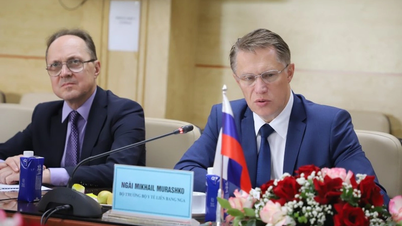






















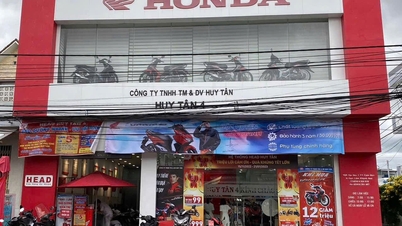




















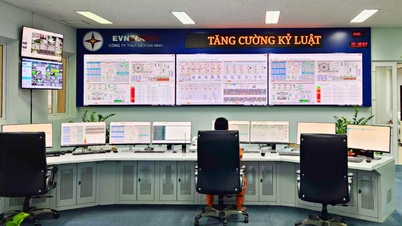



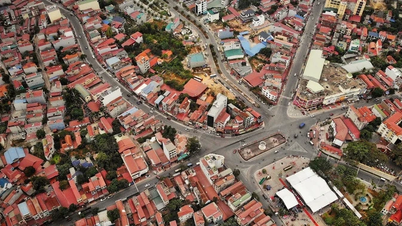


















Comment (0)